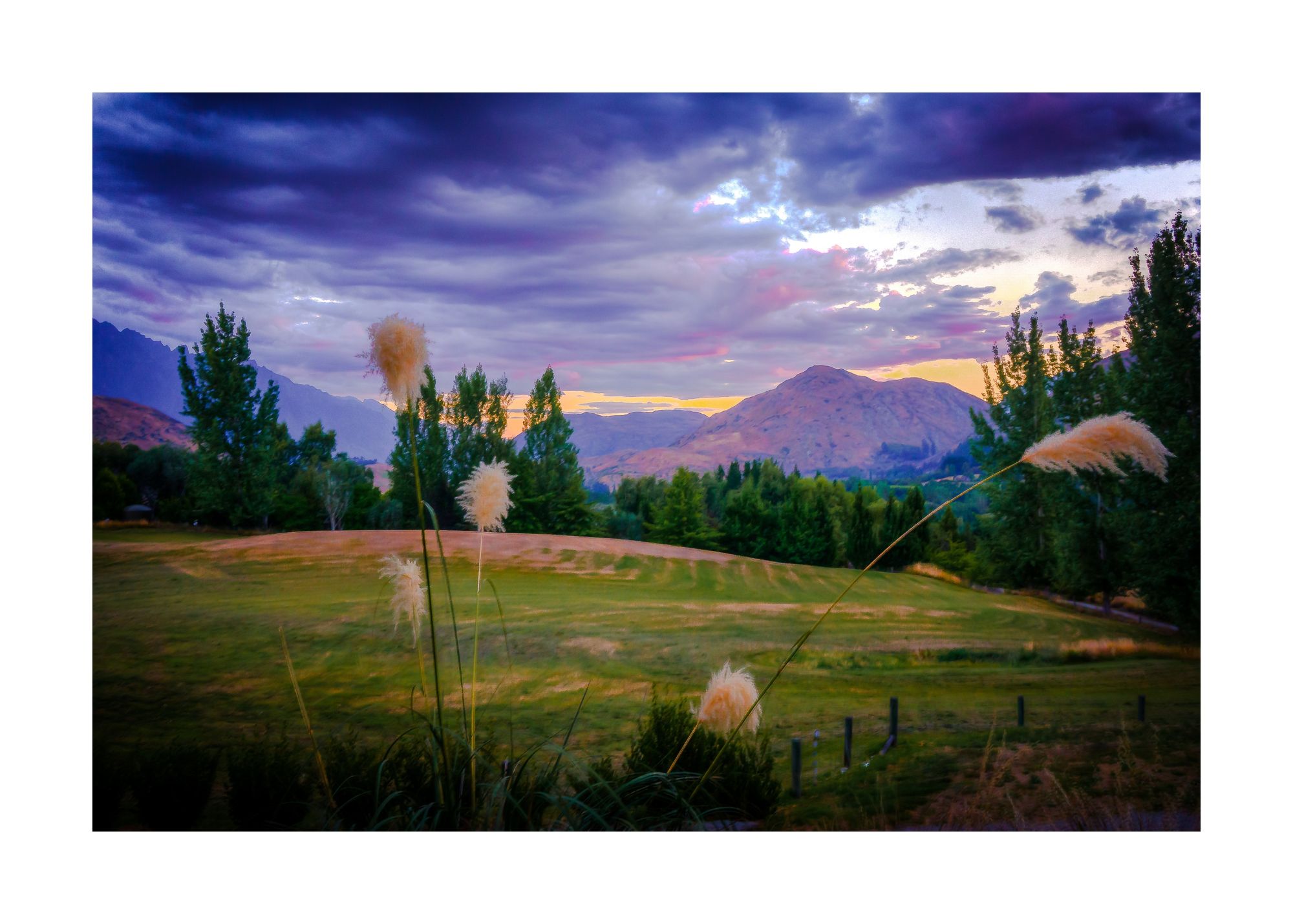
This week, we conclude the book of Leviticus with the double Parashat B’har-B’chukotai. It begins with a discussion of shmita, a practice of letting the land rest between harvests. The Torah explains that “in the seventh year, the land should have a sabbath of complete rest.” During this year, landowners could not sow the field or prune the vineyard. They could not harvest or sell that which grew on its own. They could only eat what grew naturally on its own.
We are also reminded that we are all God’s creatures and we’ve been provided this land, our earth, to dwell on, but we must be mindful of how our behaviors impact the environment as the land and all its inhabitants will always belong to God.
When I thought about the concept of allowing the land a complete rest, I began to think about how the recent pandemic might have impacted our environment. Did the significant decrease in human activity create a time of healing for our Earth?
According to a recent NASA study, the Earth’s atmosphere reacted in surprising ways to the lowering of emissions during the pandemic, showing how closely climate warming and air pollution are linked.
The study took a step back to ask what the pandemic could teach about how a lower-emissions future might look, and how the world might get there.
Notably, emissions returned to near-pre-pandemic levels by the latter part of 2020, despite reduced activity in many sectors of the economy. The authors reason that this rebound in emissions was probably necessary for businesses and individuals to maintain even limited economic productivity using the worldwide energy infrastructure that exists today. “This suggests that reducing activity in these industrial and residential sectors is not practical in the short term” as a means of cutting emissions. Permanently reducing these sectors’ emissions will require their transition to low-carbon-emitting technology.”
Other studies showed the growth and improvement of certain species due to reduced tourism and human activity, such as the mountain lions that live in the Santa Cruz Mountains of California and the loggerhead sea turtles of the Greek island of Zakynthos.
However, other species endured harmful impacts due to a lack of human protection, including reduced staffing in parks and preserves. For example, the pandemic delayed a long-planned project to cull giant, predatory mice from Gough Island, a critical habitat for threatened sea birds in the South Atlantic Ocean.
In the intervening breeding season, mice still running rampant, not one MacGillivray’s Prion Chick — an endangered bird that breeds almost exclusively on Gough — survived. Unfortunately, it meant yet another year with no fledglings.
No one can say anymore that we can’t change the world in a year because we can and we did. Learning from this extraordinary experience can provide us insights on how to focus our efforts to create positive environmental changes vs. negative ones.
It is a blessing that WRJ provides so many ways to begin this work. I encourage you to check out the many resources available on WRJ’s webpage on Environment, Sustainability & Climate Change or in WRJ’s Yammer Advocacy Group. Also, be sure to read WRJ Board Member (and my friend) Andrea Stillman’s insightful blog on “The Intersection of Climate Change, Gender & Poverty.”
As we continue through this parashah – rules and more rules. We learn that if we abide by the rules, blessings will follow us. We also learn there are consequences for not following the rules: blessings and curses.
Of course, we learn this as children. Our parents provide rules, and we learn early on that if we don’t follow them, it’s not always pretty. As we grow into adults, we understand these rules are put into place as a means to keep us safe and help us to become responsible citizens and good human beings.
The end of the portion concerns the treatment of the sanctuary, God’s dwelling place among the people. We are provided instructions about the maintenance of this structure and proper offerings that shall be brought to it.
The last sentence, “These are the commandments that the Eternal gave Moses for the Israelite people on Mount Sinai” (Leviticus 27:34), links the instructions in this section with the original Sinai meeting when Moses received the ten commandments from God reinforcing their importance, value, and amplifying their meaning.
This Shabbat, as I worship with my sisters on the WRJ Off the Beaten Path Journey in the holy land of Israel and we study the sacred teachings of Parashat B’har-B’chukotai, may we renew our desires to care for our fellow human beings, the environment, and our land.
As we read in Pirkei Avot, “It is not up to you to complete the task, but neither are you free to desist from it.” While there is so much work yet to be done, I am grateful for the opportunities WRJ provides to make a difference and continue the work of Tikkun Olam (repair the world).
Related Posts

Parashat Yom Rishon shel Rosh HaShanah

Cultivating a Culture of Accountability and Belonging


